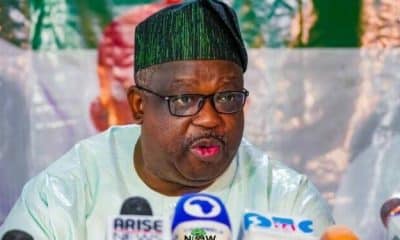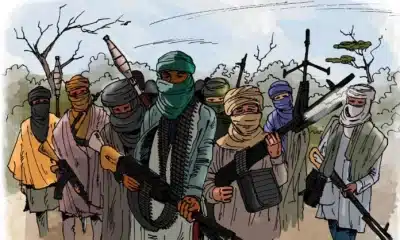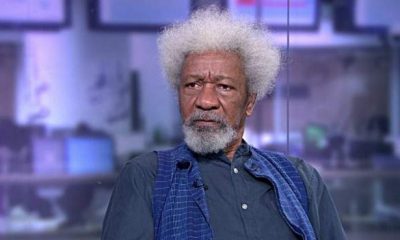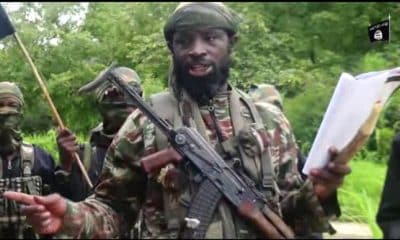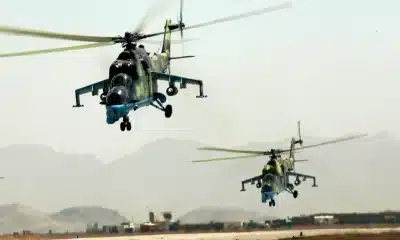Africa News
Idriss Déby: “Boko Haram Will Still Do A Lot Of Damage” In Lake Chad
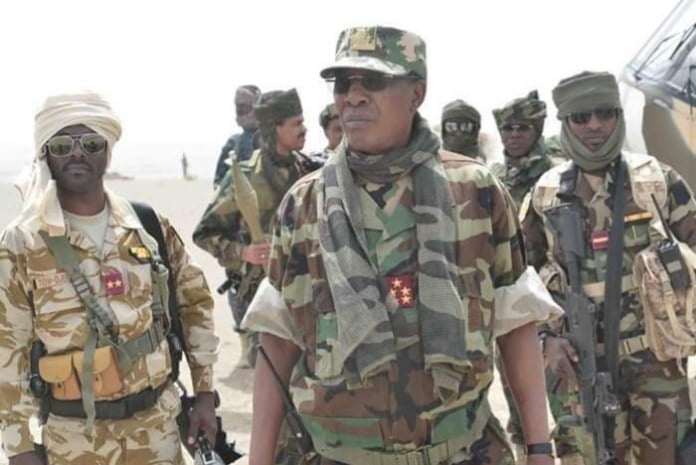
Chadian President Idriss Déby Itno warned on Saturday that despite the major operation launched in April by his army against Boko Haram, the jihadist group would continue “to do a lot of damage” in the Lake Chad Basin.
“We will be dealing with Boko Haram for a long time to come. The incursions will continue “, declared Mr Déby, guest of the program” The African debate “broadcast on Radio France Internationale on Saturday. The jihadist group “will still do a lot of damage. We must be afraid “, he hammered during this interview which took place at the presidential palace in N’Djamena.
Born in northeast Nigeria in 2009, the Boko Haram insurgency has gradually spread to Cameroonian, Nigerien and Chadian neighbours of the country, particularly in the Lake Chad region, located on the border between these four countries. Over 36,000 people have been killed since. In 2016, the group split into two branches: the historic faction, led by Abubakar Shekau, and the Iswap, affiliated with the Islamic State (IS).
Coordination problems
The four riparian countries have been fighting since 2015 against these jihadist groups, within a Joint Multinational Force (FMM). But this force “has not done enough work to allow us to contain this evil”, lamented Mr. Déby, speaking in particular of a problem of coordination between the countries. Chad had launched alone in March a major military operation in-depth in Niger and Nigeria, claiming to have driven Boko Haram from its territory and killed more than 1,000 of its fighters. The president was then elevated to the title of Marshal by Chadian deputies.
But in early July, at least eight of its soldiers perished in another attack on its soil, and a week ago at least ten civilians were killed in a village by Boko Haram. The president reaffirmed on Saturday that the jihadists were no longer on Chadian territory. However, he said incursions by fighters based in Niger and Nigeria would continue to “come and hurt at night”.
In the interview, President Déby also addressed the issue of the fight against jihadism in the Sahel, Chad being a member of the G5 Sahel Force. In January, he had agreed to send a battalion of 480 men to the region of the “three borders”, plagued by frequent jihadist attacks, between Mali, Niger and Burkina Faso.
But these soldiers were finally deployed in March on Lake Chad, to support the vast military operation launched by N’Djamena. “We are preparing for another battalion which will be equipped and which will return to the three border zone”, declared Mr. Déby on Saturday, while asking for financial and material support from foreign partners.

